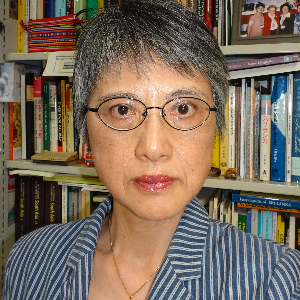Title : Development of global perception among nursing students in Japan
Abstract:
Nursing education was first established in Japan in 1885, only 25 years after Florence Nightingale established her nursing school in Britain. However, only 11 nursing colleges had been established by the 1990s in Japan. Nursing education has since developed rapidly, with 272 nursing degree programs being offered from the 795 universities that have been established in Japan as of 2019. However, there are more than 1000 nursing diploma programs that are responsible for imparting basic education for nurses in Japan. Since 1948, the nursing education syllabus has been revised nine times according to societal demands. In 2008, the revised curriculum emphasised that one of the most important competencies nursing students must possess is the ability to provide services not only to their native country but also across the world. However, this is difficult to implement for nursing educational institutes because there is an extreme shortage of qualified nursing educators in Japan. Nursing ethics were introduced in the International Council of Nursing in 2002: ‘Inherent in nursing is a respect for human rights, including cultural rights, the right to life and choice, to dignity and to be treated with respect. Nursing care is respectful of and unrestricted by considerations of age, colour, creed, culture, disability or illness, gender, sexual orientation, nationality, politics, race or social status.’
The National College of Nursing, Japan, was established in 2001 with the aim of training nurses to work effectively in international society. An important and compulsory subject involves implementing nursing practice in developing countries. Through this article, we discuss the future of nursing education, specifically how to develop solidarity for global peace through nursing services by introducing a system of nursing education in Japan.



